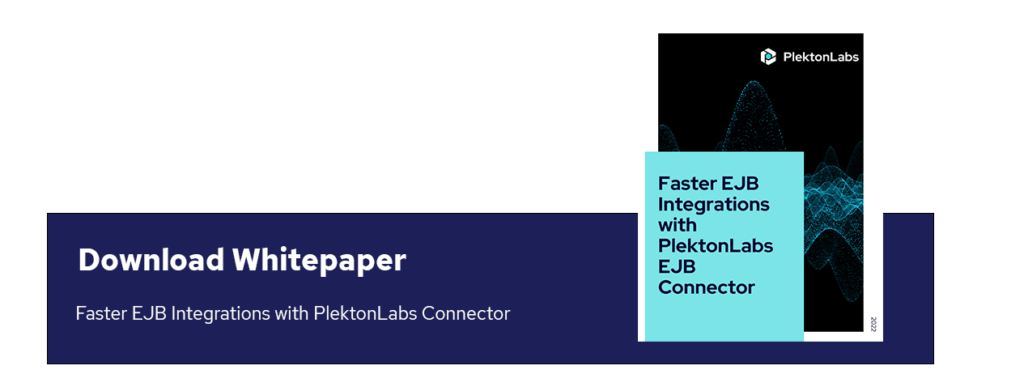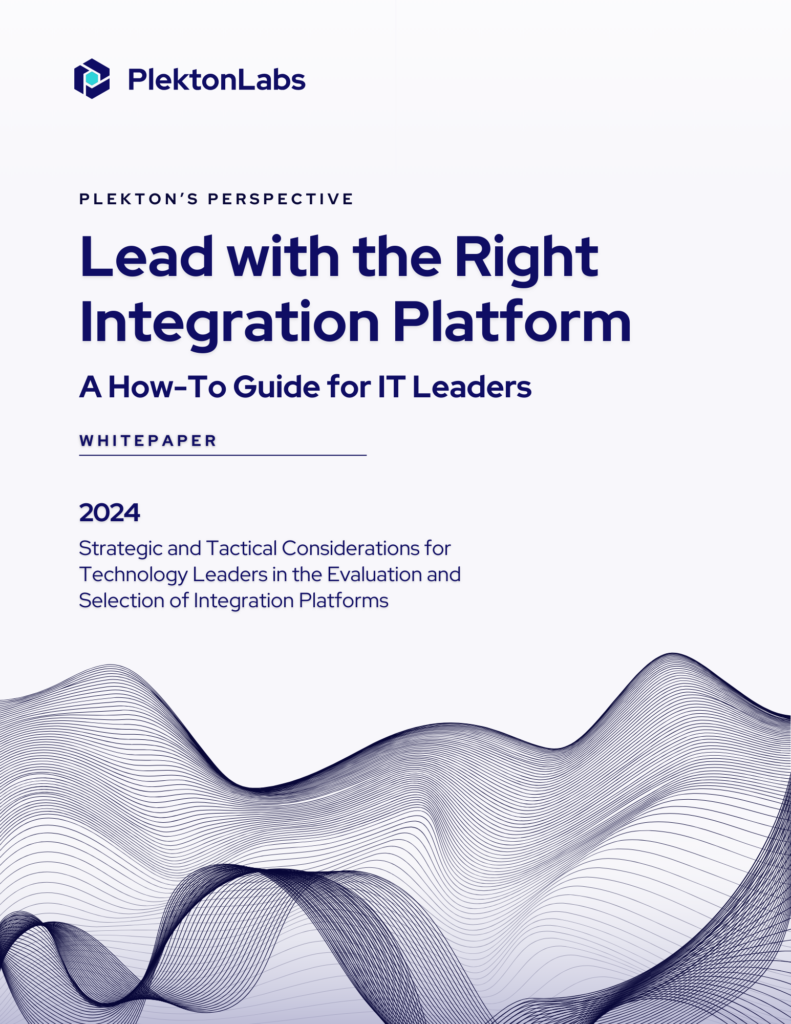APIs were launched into the digital world in the 1990s and revolutionized the process of digital transformation. The rise of APIs and API products didn’t just help the business and tech sectors—they have proved to be useful for the everyday consumer as well.
With the growth of the API economy, a greater aspect of our lives has been touched by APIs. Most people rely heavily on APIs without even thinking about it. Online shopping, booking flights and hotels, and in-app purchases are instances when we provide our data to third-party companies and make use of API products.
Most people see nothing wrong with this, and they’re right. After all, the idea of reserving a hotel room halfway across the world with the push of a few buttons through your phone is amazing. It is nothing short of a miracle and a testament to how far technology has progressed and simplified our lives.
However, there are ethical concerns that should not be swept aside. Data sharing and breaking down silos can translate to utilizing the maximum potential of information. However, it can also result in data falling into the wrong hands. Those with malicious intent can misuse your data or sell it to others without consumer knowledge or permission.
On one hand, the increased analytical information and automation provided by APIs bring efficiency for businesses, resulting in a revenue boost. But issues like hacking and users with ill intent stealing data pose serious issues.
This brings us to the question: how can we enjoy the benefits that APIs provide while mitigating the issues that arise?
The Good, The Bad, And Ethical Gray Areas of APIs
Needless to say, APIs have a lot to offer and benefit the world in general. Whether you are a business owner or a consumer, you’ve used APIs and reaped the convenience they provide.
For businesses, they improve efficiency, expand reach, and improve productivity. Automation is another aspect that lightens the workload, simplifies workflows, and provides better results with less effort. When it comes to regular people, it makes life a lot more convenient in their everyday activities.
APIs focus on optimized customer experience and personalized services can lead to smoother, more convenient operations. But that isn’t all. APIs can even be used for social change. Government organizations and non-profit groups can use API products to deliver services that help marginalized groups and vulnerable individuals.
These services can provide learning aids, adult education, security, and other forms of assistance to those who need it the most and have limited resources.
But this brings us to the ethical complications posed by APIs and the idea of sharing data. Who decides how much consumer data a company gets to use or sell? What steps are being taken to protect data when they are handed over to third-party organizations?
As data is broken out of silos and used and transferred, it opens up the risk of hackers getting valuable information. Many consumers are also uneasy about the implications of large corporations gaining access to personal information. This information can be sold to other shady companies and even government organizations who can misuse it.
Striking the Balance Between APIs and Ethics
So what can be done?
A wide-reaching corporate data program that works together with privacy and data protection laws seems to be the option for the time being. While the state provides regulations, a data program would focus on transparency, allowing consumers to see exactly what data is being collected and stored, and how it is being used.
It would also provide a clear set of terms and conditions of what the business can and can’t do with their customer’s data. These policies would also amplify the idea of consent; ensuring that customers understand what the business and/or third-party organization intends to do with their data.
Each company’s data program should align with its values and overall vision. Moreover, an organization should be well aware of the risks that come with processing large amounts of personal information and have security measures in place to handle breaches and hacking.
A solid data program also creates a culture of trust, transparency, and goodwill which goes a long way when dealing with sensitive things like personal data. As a result, ethical guardrails won’t hinder progress; instead, they will help businesses grow. Ensuring privacy and safety to the customers who put their information in your hands will create opportunities, both for yourself and the third-party organizations who deal with them.
In a Nutshell
The age of digital technology is very new and the API economy is even younger. We need more time and research to see whether the use of APIs is ultimately good or bad for mankind. However, we can progress into the future by utilizing the good that APIs bring while setting boundaries to stop the unwanted side effects. A data program would be the first step to balancing APIs and ethics. Customers trust businesses when putting personal data into their hands, and protecting their information will benefit everyone in the equation.





